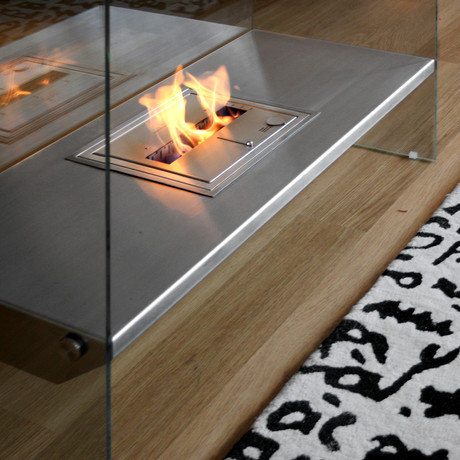Early winter rains–
basement filling with water,
mud and leaves awry.
Will Galileo be secure?
I’ve been reading many of the Galileo reports and wondering where the privacy advocates are. For example this BBC report suggests all the amazing things that will come about when your every move in a vehicle can be pinpointed. I understand why some would argue that they should be able to pay more for faster routes, even if I disagree, and I can even get behind the suggestion that emergency services may be more effective with more accurate location data. But what about privacy? If you opt-in are you agreeing to give up any critical rights (like beverage marketing companies can buy your data and then send you spam/ads because you spent 10 minutes parked outside the MoonCoin coffee shop)? And can you opt-out temporarily to have different levels of exposure, or just to leave the “mapped” world, like the opening scene in the movie Until the End of the World?
This seems like a rather naive statement:
Drivers would use a small keyboard to enter certain parameters at the beginning of a journey, such as how many passengers were on a coach, or whether a lorry was carrying hazardous chemicals.
This from the country that tried to tax people based on the number of windows in their house and then found everyone bricking up the windows? Something tells me that it will not be sufficient to expect people to self-report if there is any doubt about risk, such as taxes or fees. In other words, the average driver will do what anyone might and say “what’s in it for me” even if they are told it is the proper practice.
This is a much more logical take on the uncertainties ahead:
It’s fine having a company process all the data from each country and tell you how much you owe; but if you get a bill for a road you haven’t driven on at a time of day you weren’t there, what’s the recourse for getting your money back?
Indeed.
Diesel Motorcycles
Well, everyone in the bio-diesel world has been anxiously awaiting the release to the public of these diesel motorcycles (PDF) developed by HDT for the US military. The word was that they would be available for purchase by civilians sometime early this year, but their site does not yet have purchase information. The engineering (some say it was subcontracted to a Japanese company) of the thing clearly shows that Rudolph Diesel was right about his concept and with a little effort (leave it to the military to subsidize the research) we all could be powering ourselves efficiently with renewable and more secure source of energy.
100 mpg on an indestructable all-terrain vehicle that can be dropped in by parachute and run on nonvolatile fuel you can make yourself…what more could you ask for in 2006?
Honey, please light the Ethanol
<  A design group has come up with the perfect solution for those people who want the appearance of a fire, while reducing the risk of poisonous fumes and the mess of combustion. It is called “EcoSmart Fire” to emphasize how smart it is to have an Ethanol flame burning in your house.
A design group has come up with the perfect solution for those people who want the appearance of a fire, while reducing the risk of poisonous fumes and the mess of combustion. It is called “EcoSmart Fire” to emphasize how smart it is to have an Ethanol flame burning in your house.
My first questions were, of course, what is the actual heat output of this thing and whether it is practical to assume a ready supply of denatured ethanol. Unfortunately this is probably the wrong approach to this new technology — finding a way to enhance the ambiance of a space already running on central heat seems to be the main point, with only a very basic level of practicality, safety, and sustainability in mind.
Nonetheless, I found that the FAQ says the flame can “produce 14Mj/h equivalent to 13000BTU”. Not bad for a small room. Come to think of it the average PC power-supply generates about 1500BTU to 2500BTU but even if you ran five or so PCs to keep you warm you would still be on the grid and you couldn’t “safely” burn stuff. On the other hand, if you live in more than a 500 sq/ft bungalow you might need to invest in a lot of small fires, which just begs the question of whether you can run these fires from a centralized control system to manage output, burn-rate, etc. or if you are just supposed to setup a fire on its own in each room, as the Victorians did.
The marketing blurbs claim this really uses a renewable energy as the source of fuel, but burning wood is like burning ethanol in that regard, eh?
In fact I read that Alaska’s Senate passed a law recently (bill 337) to promote creating ethanol by processing waste wood with fish parts. So the comparison must be intended for petroleum or natural gas based fireplaces, not wood fires. Is that a big market?
Come to think of it I’m wondering why someone hasn’t yet figured out a way for restaurants to recycle their own cooking oil into beautiful and firery displays of ambiance. And if ethanol is actually available, then just mix it with the waste oil from food preparation and you end up with a convenient fuel for running your fireplaces as well as your vehicle…biodiesel.
